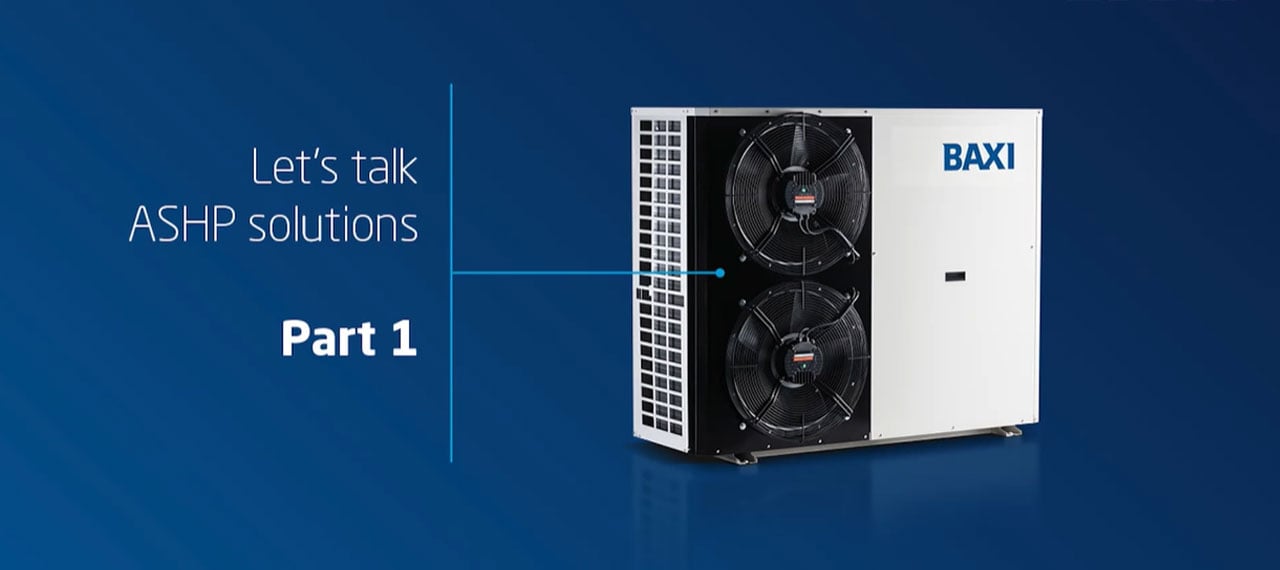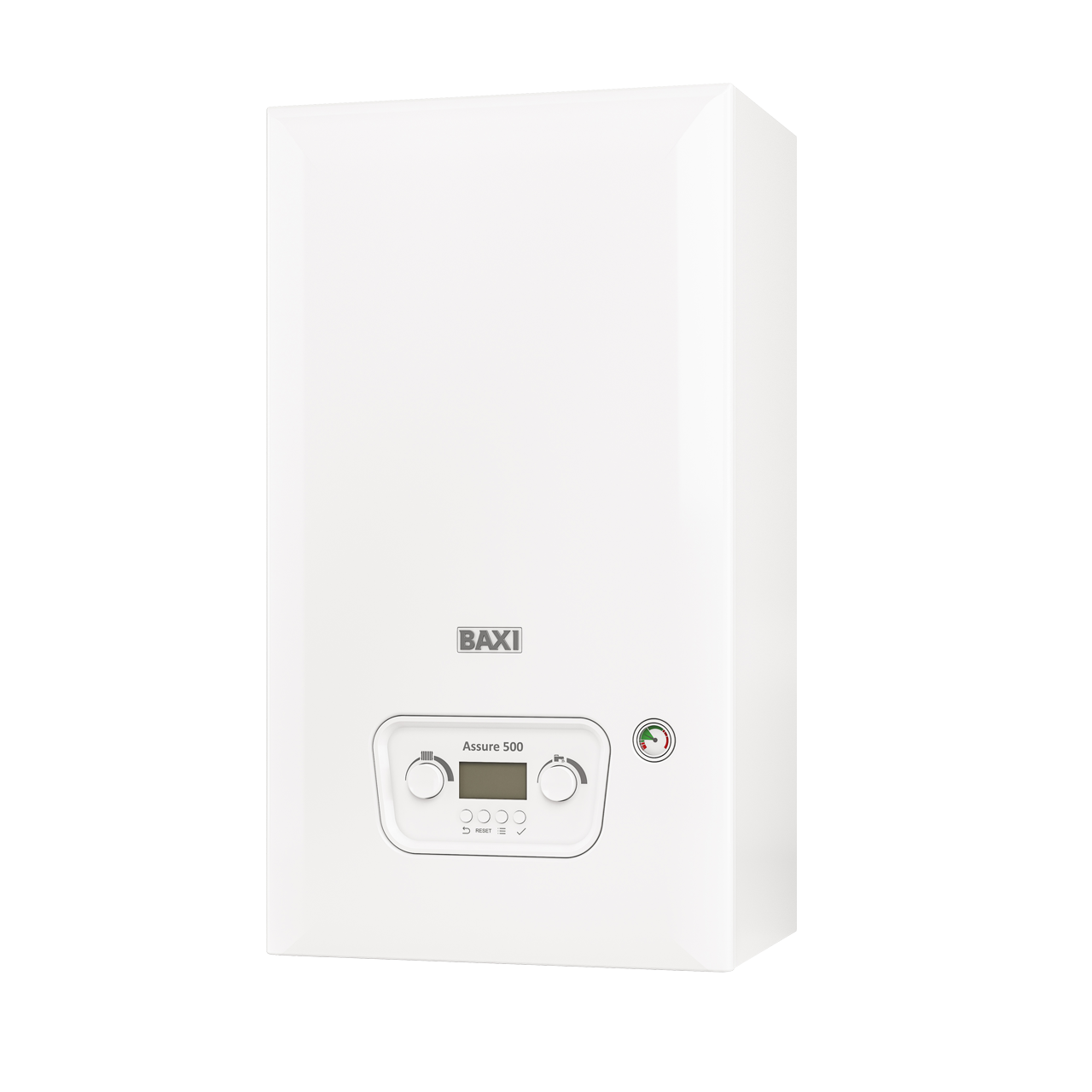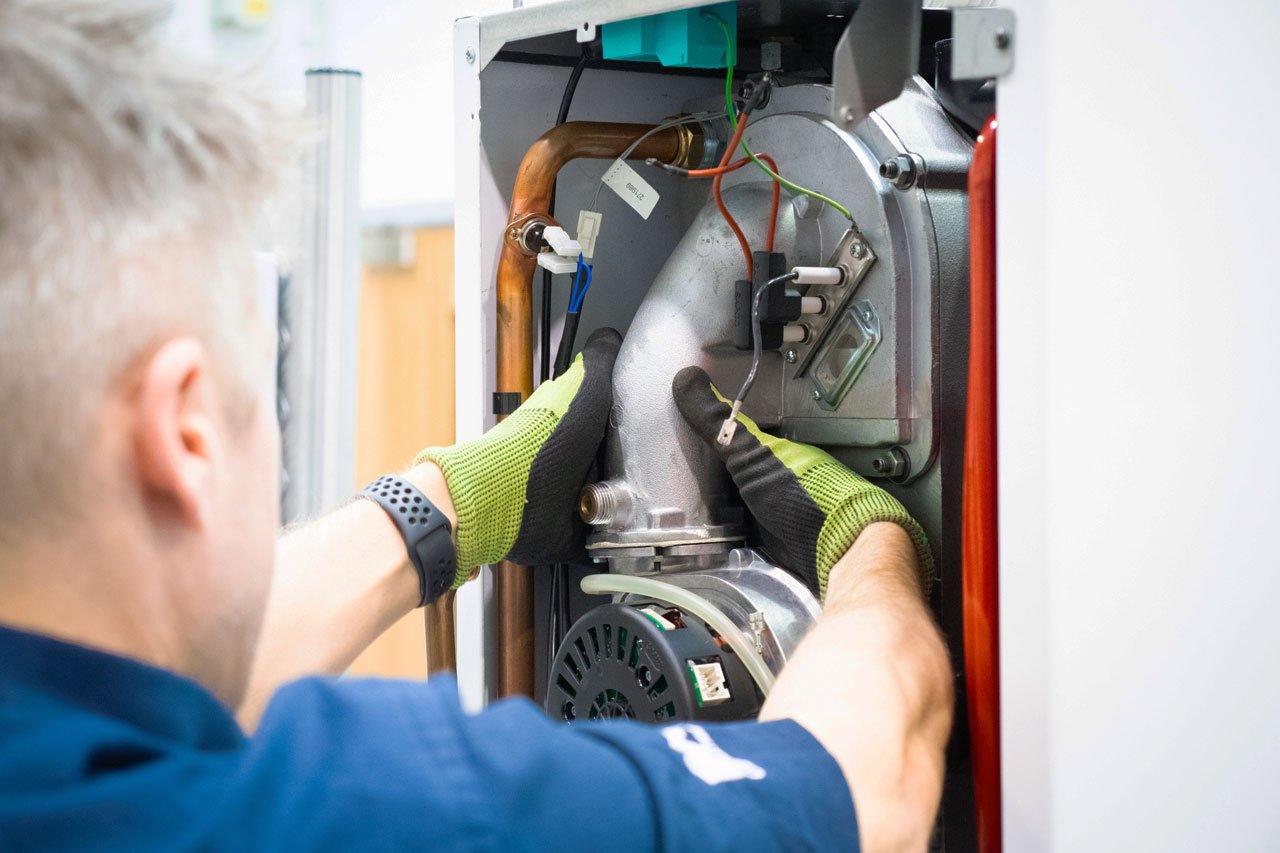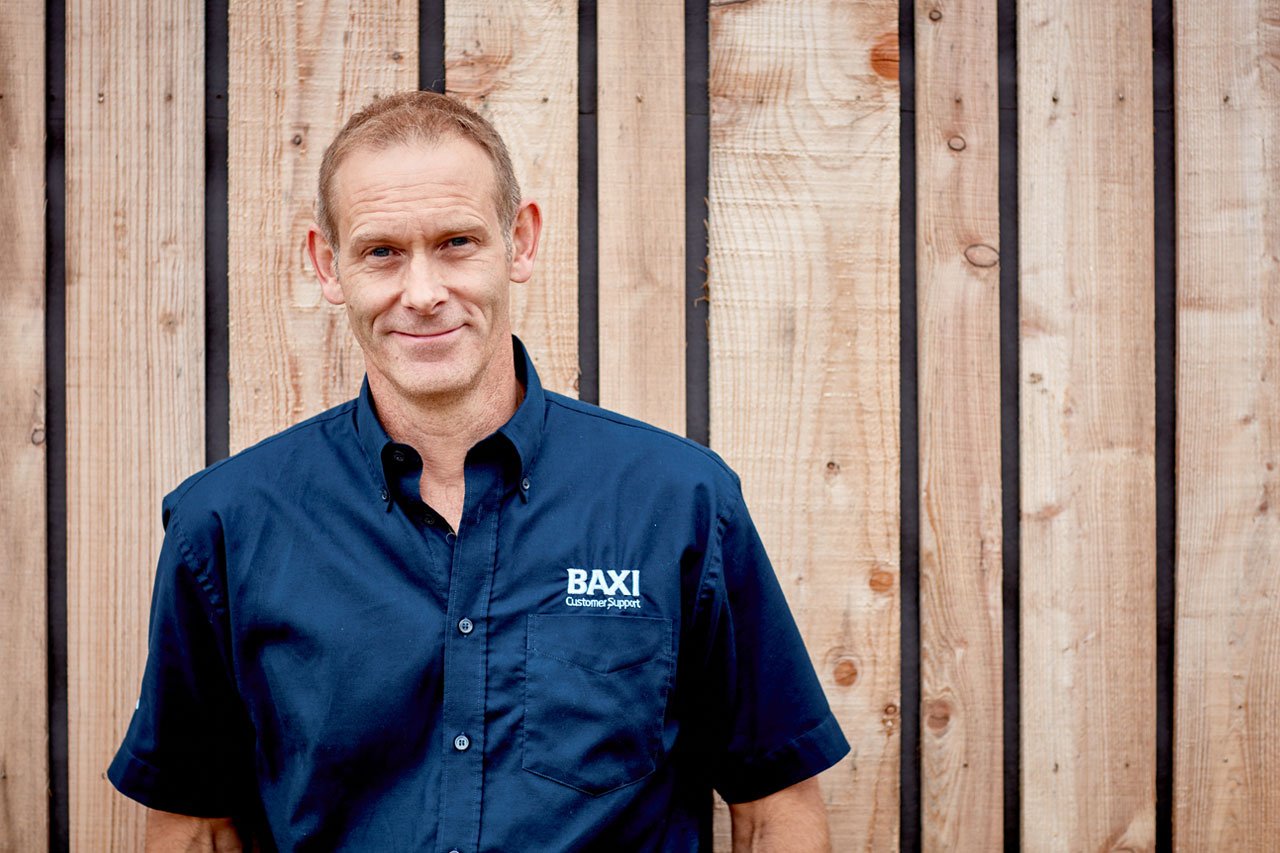
Let's Talk ASHP Solutions - Part 1
Watch Jeff House, External Affairs and Policy Director, discuss all things policy, legislation and funding opportunities within the commercial sector for heat pumps.
What is the current state of play for heat pumps in the commercial sector?
The market for heat pumps is slightly more advanced in the commercial sector than it is in the residential sphere.
In the commercial new build sector, most of our clients are moving towards low carbon heat, primarily as a result of seeking better BREEAM credentials, or simply in the pursuit of improved carbon performance.
In existing buildings, especially for larger or blue-chip clients, we're seeing a shift towards low carbon heat either to hit ESG goals or to achieve the corporate objective of minimising vulnerability to energy cost fluctuations. Businesses are increasingly keen to seek the whole life energy saving benefits that renewables can offer.
What needs to change from a policy/legislation perspective to accelerate decarbonisation of existing commercial/public sector buildings?
From a policy perspective, the direction of travel is clear: we've got the net zero target enshrined in law. We also have some policy progressing around the decarbonisation of new buildings and the private rented sector.
However, there are some systemic barriers that we need to address rapidly to maximise uptake and accelerate the market.
For new buildings, there are proposals on the table for The Future Buildings Standard which will look to enforce low carbon heat, so the pressing challenge is decarbonising the existing building stock.
Our current building stock is responsible for around 30% of total greenhouse emissions, 18% of which is directly related to heat and hot water. It’s very clear that regulations will start to target those areas in the future.
There are countless reports, papers and suggestions about how policy needs to change and adapt to better incentivise the deployment of low carbon heat.
Firstly, we need to see EPC reform. Currently the Energy Performance Certificate (for dwellings) is calculated on running costs rather than carbon output, so that needs to be examined.
There is the potential to look at progressive policy, using the EPC as a basis for enforcement in the future. There have been proposals already in the form of private rented sector legislation. There are more wide-reaching proposals being discussed, in Scotland in particular, around using the EPC at different trigger points of building ownership to effectively force a low carbon renovation.
Secondly, there is the issue of spark gap, or spark spread, which refers to the relative cost of electricity compared to natural gas. If we're moving to a largely electrified system, the price of electricity is too high. The unit cost needs to come down to incentivise and encourage business owners and operators to look towards heat pumps and low carbon heat as a more attractive, affordable option.
What funding opportunities are available to businesses and public sector organisations?
There are two main schemes for funding heat pumps and low carbon heat in the non-domestic space: the Public Sector Decarbonisation Scheme and the Boiler Upgrade Scheme.
The Public Sector Decarbonisation Scheme is open to public sector buildings, allowing operators to obtain a grant to help with either low carbon heat installation or energy efficiency measures.
Delivered by Salix Finance on behalf of the Government, there is nearly £1.5 billion of funding available to be rolled out in phases over the next few years. Phase four applications are due next and guidance is expected to be published in summer 2024.
The Boiler Upgrade Scheme is Government-funded, which deals largely with residential properties, offering homeowners a grant for the deployment of heat pumps and a limited amount of biomass boilers.
Though primarily residential, the upper limit threshold to apply for funding is 45 kilowatts of thermal output for the combined system in a building, so some smaller commercial premises may qualify. Larger buildings, however, are not eligible for the scheme.
The Ofgem website is an excellent starting point to find out more information and to assess eligibility criteria. Alternatively, speak to one of our Baxi sales managers and they will happily signpost you to tailored support for your project.
What new legislation should building owners/operators be aware of?
There are two key pieces of legislation working their way through the system.
Firstly, there is The Future Building Standard which has just been through consultation and is expected to be enacted in 2025. This will ensure that new buildings are constructed to a very high standard, including good fabric and low carbon heating systems from the get-go. Effectively, that means an end to fossil fuel systems in new buildings, with some form of electrical or low carbon system being implemented as a rule.
It is proposed The Future Building Standard will come into play in 2025. However, there are lead times and transitional periods in the planning system, which means we won’t necessarily see wholesale changes for all projects until 2026.
The other piece of significant legislation coming through is Heat Network Zoning, which means the rollout and deployment of heat networks will be vastly accelerated across England. Certain geographical areas have already been earmarked and a recent government consultation outlined initial proposals.
What this means on the ground is certain building operators - whether it be for a new building or a commercial building over a certain size threshold or someone with an existing heat network -will be effectively pushed into connecting to a wider network at a local level.
Essentially, heat network zoning will become the norm where a heat network is expected to provide the lowest cost solution to decarbonise heat in a given area.
This is a significant change and we have a specialist team dealing with Heat Networks. Please get in touch to discuss how it might affect you and your building.
Baxi Auriga Air Source Heat Pump
The Baxi Auriga air to water Air Source Heat Pump (ASHP) is perfect for commercial applications in both fully electric and hybrid heating systems.
Let's talk Air Source Heat Pump Solution Series
Get More
Sign up to 'get more' from across all the Baxi brands - Remeha, Andrews Water Heaters, Potterton Commercial and Heatrae Sadia. Including being the first to know about new products and services, industry legislation, promotions and more!




